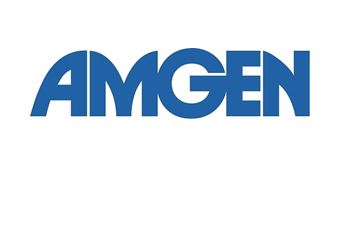Amgen/AZ's phase 3 asthma biologic could get fast review

Amgen and AstraZeneca are on course for a showdown with GlaxoSmithKline and Teva in the market for biologic asthma drugs, after the FDA tipped tezepelumab as a “breakthrough therapy” that could be used in a wider group of patients.
The FDA grants the Breakthrough Therapy Designation to expedite development and review of drugs for serious conditions, which could be substantial improvements over existing therapies, measured against an important clinical goal.
Tezepelumab is currently in development in the phase III PATHFINDER clinical trial programme, so the designation paves the way for a faster six-month FDA review once a clinical dossier is ready, instead of the standard 10-month review period.
In this case the designation was supported by phase 2b data from the PATHWAY trial, which showed a significant reduction in the annual asthma exacerbation rate compared with placebo.
This was seen in a broad population of severe asthma patients independent of baseline eosinophil count or other type 2 (T2) inflammatory biomarkers.
Already marketed biologic asthma therapies – GlaxoSmithKline’s Nucala (mepolizumab), Teva’s Cinqair (reslizumab), and AstraZeneca’s own Fasenra (benralizumab) – are indicated for asthma patients with high levels of the white blood cells known as eosinophils.
Nucala has been on the market since 2015 for severe asthma, but is not a big seller by pharma standards: in Q2 GSK said sales were £141 million ($184 million), while AZ’s Fasenra produced only $86 million although it has been on the market for less than a year. Sales figures for Teva’s drug are not immediately available.
With these IL-5 class drugs yet to set the market alight, AZ and Amgen hope to produce a biologic that works in a larger proportion of the asthma patient population.
The hope is that tezepelumab will become a first-in-class new medicine, with a different mechanism of action that blocks thymic stromal lymphopoietin (TSLP) – an upstream modulator of multiple inflammatory pathways.
Amgen’s executive vice president of R&D, David Reese, said: “The Phase 2b PATHWAY trial data demonstrated tezepelumab's promise as a novel therapeutic option for a broad population of patients with severe asthma, including those ineligible for currently approved biologic therapies.”
“The Breakthrough Designation will give us the opportunity to work closely with the FDA to bring tezepelumab to patients as quickly as possible.”













